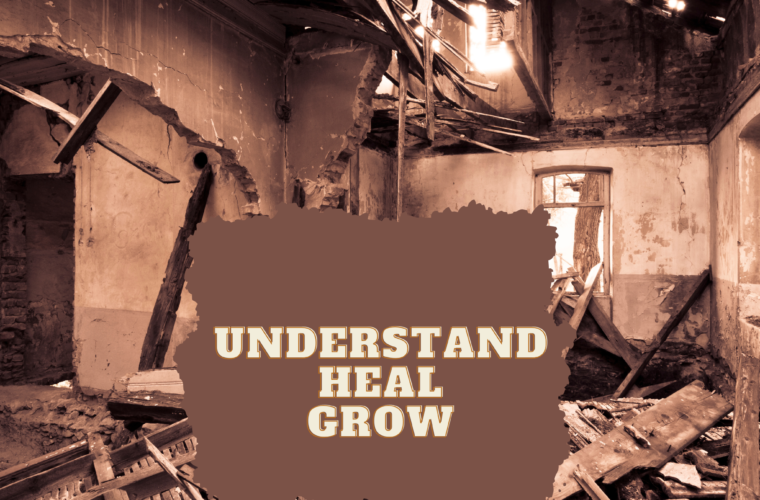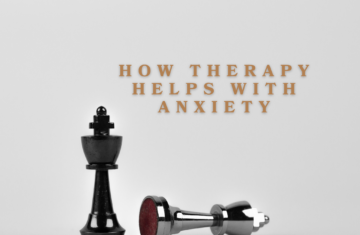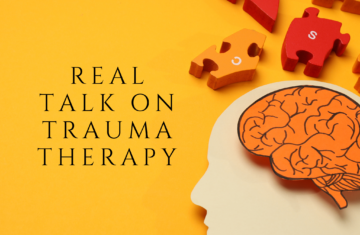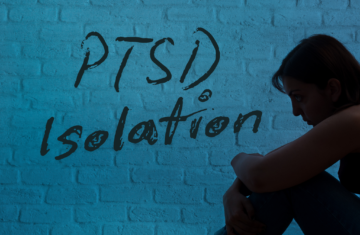What to Expect in Trauma Therapy
Trauma can shape how we think, feel, and interact with the world, often in ways we don’t fully recognize. Many people begin trauma therapy not knowing where to start, feeling disconnected from their emotions, or even questioning whether their experiences “count” as trauma. If you’ve ever felt this way, know that you’re not alone—these reactions are normal, and therapy can help you make sense of them.
Understanding Adverse Life Events and Their Impact
Adverse life events can range from major traumas (such as accidents, violence, or natural disasters) to chronic stressors (like ongoing conflict, childhood neglect, or workplace mistreatment). These experiences can shape how you see yourself and others, influencing relationships, emotional regulation, and overall well-being.
Research shows that unresolved trauma can contribute to symptoms like anxiety, depression, dissociation, and difficulty trusting others (Right as Rain – UW Medicine). Many people struggle with feeling stuck, emotionally numb, or overly reactive in certain situations without realizing that these responses are rooted in past experiences.
How Trauma Therapy Helps
The goal of trauma therapy isn’t to relive painful memories but to understand their impact and develop skills to manage distress in a healthy way. One key approach is Cognitive Behavioral Therapy (CBT), which helps identify negative thought patterns that may be reinforcing trauma-related fears or self-doubt (Mayo Clinic).
Through therapy, you can expect to:
- Identify patterns in your emotions and behaviors that may stem from past trauma.
- Learn coping strategies to regulate distress and feel more in control.
- Challenge unhelpful thoughts that keep you stuck in fear or self-blame.
- Explore memories at your own pace, in a safe and structured way.
What to Expect in Your Sessions
If you’re new to therapy, it’s natural to worry about what to share or whether you’ll be expected to talk about painful experiences right away. In reality, therapy moves at your pace—there’s no pressure to revisit difficult memories before you feel ready. Instead, early sessions focus on building a sense of safety and control, helping you feel more grounded before deeper work begins.
A common first step is working together to identify key life events that may have shaped your responses today. By making these connections, therapy helps normalize your experiences and validate what you’re feeling. It’s not about labeling yourself as “broken” but understanding how your mind and body adapted to past challenges—and how you can begin to heal.
Final Thoughts
Trauma therapy is a journey, and every step forward—no matter how small—is meaningful. Seeking support is a sign of strength, not weakness. Healing doesn’t mean erasing the past but learning how to carry it differently, with greater self-awareness, resilience, and hope.
If you’re considering therapy, know that you don’t have to go through this alone. Help is available, and recovery is possible.




